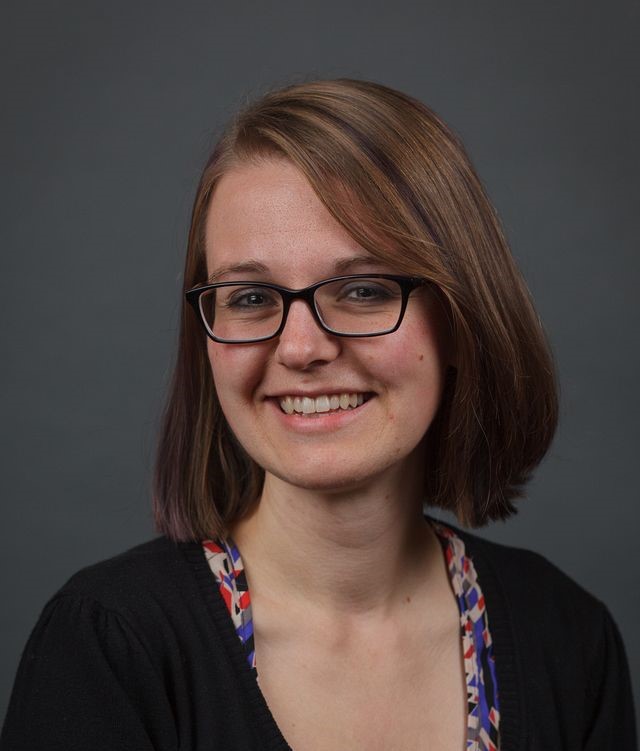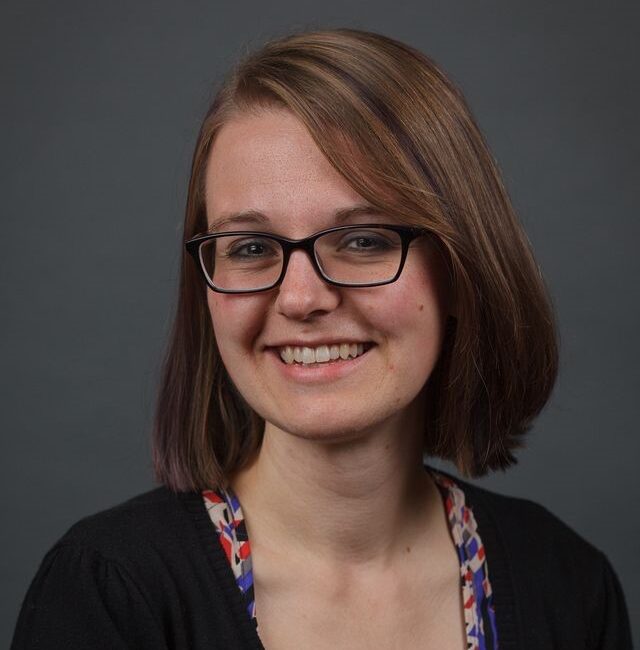By Jill Fuller
My son and I were at the grocery store recently when he pointed to a package on the shelf and said, “Look Mama, I see the word ‘the!’” He’s been in kindergarten for only a few months, but already he’s seeing words in the world around him.
While elementary school is the time when kids learn how to read, the building of literacy skills starts long before a child ever enters a school building. Early literacy consists of crucial language and literacy skills like vocabulary, self-expression, and comprehension, which begins as early as birth.
According to Amanda Brueckner, the youth services librarian at the Karl Junginger Memorial Library in Waterloo, early literacy “builds confidence for children in their communication abilities.”
So why is this important? Studies show that a child’s earliest experiences with books, stories, and words greatly affect their future academic success. The ages of 0-5 are critical years for brain growth and development.
“Early literacy is the jumping off point for a lifetime of reading success,” said Bruckner.
It also goes beyond books: reading, singing, writing, playing and talking are all considered the five basic practices of early literacy. Each one leads to the development of important social and linguistic skills children will need to navigate their world.
If you have little ones in your life, you are the best resource to help enrich their early literacy as you introduce your child to books, stories, and songs. But you’re not on your own. The children’s services staff at your local library can help you.
Librarians are trained in early literacy practices and have essential understandings of developmental levels and learning styles. For example, the baby storytimes at the Dwight Foster Public Library Library in Fort Atkinson model the five practices of early literacy, incorporating songs, rhymes, and simple books, as well as encouraging talking and positive interactions between the baby and caregiver.
Many libraries also offer the 1,000 Books Before Kindergarten program, which encourages caregivers to track the books they read with their children and offers rewards and incentives along the reading journey. Reading 1,000 books may sound like a lot, but if you read three books a day with your child, you can reach 1,000 books in only one year. Good thing libraries are full of books for families to take home.
“When I am sharing a book with a child or group of children, and see them engrossed in the story, I know I am doing good in the world,” one librarian shared with me. “When a school age child that I’ve known since they were young comes in to proudly report to me how well they are reading, I get goosebumps. Happily, this occurs regularly,” the librarian added.
Jill Fuller is communications and marketing librarian with the Bridges Library System, of which all public libraries in Jefferson and Waukesha counties are a member.

This post has already been read 1317 times!


